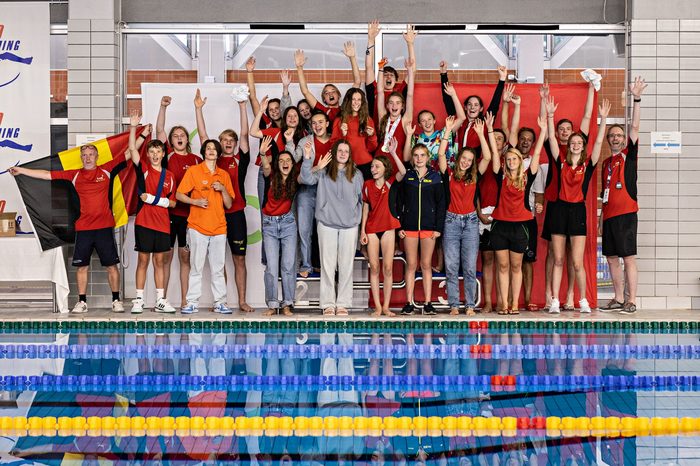Sports for All
The essential claim of CSIT is that everyone - regardless of their age, sex, origin, and beliefs - can take part in international sports competitions on amateur level without any focus on results or performance. Our member federations and their clubs are considered a touching point for people who want to start practicing sports as well as for people who wish to practice their sport in a well-structured manner on amateur level.
Objectives for CSIT
Work for good access to the improvement in health and experience that physical activity can bring, especially to inactive people who also lack resources.
- Encourage openness and human understanding through offers of inexpensive sport activities in social and cultural companionship without the demand for qualifications.
- Attach importance to pleasure in games with particular reference to sportily unprivileged sections of the population.
- Promote sports activities that preventively and recreationally prevent mental and physical health and counteract injuries and illness.
Program
According to the objective, it is a duty for CSIT - Sports for all to…
- Promote sports activities for social, cultural, and healthy aims with little or no regard for results.
- Act and inform of practicability and various forms of fellowship in sport for inspiration and support to CSIT - SPORTS FOR ALL work at the local, regional, and national level. A Sport for All - calendar could be an important tool for extern and intern documentation and inspiration. The calendar can also be used as a basis for bilateral sports for all co-operations.
- Encourage and coordinate campaigns, sports festivals, and meetings under CSIT - SPORTS FOR ALL Concept nationally and internationally.
- Attend to the interest and dissemination of CSIT - SPORTS FOR ALL in the shape of conferences, cooperation with other organizations and authorities, exchange of leaders and experience, etc.
- Continue the dialogue with other international sports organisations, including the IOC - Sport for all-Commission and to examine the possibility and needs for cooperation with other organizations
